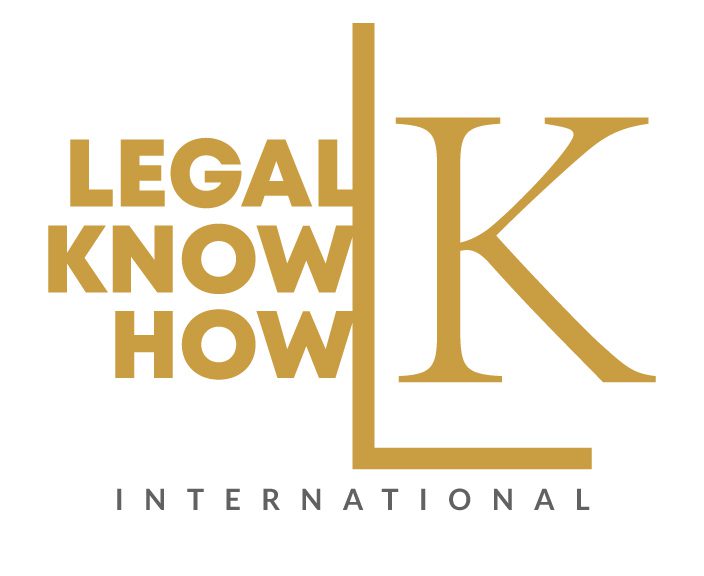
(Supreme Court Case No. 4655/2566)
The Thai Supreme Court has held that automatic lease renewal clauses agreed upon at the start of a lease agreement are void and unenforceable. The decision, handed down in Supreme Court Case No. 4655/2566, clarifies the judicial interpretation on Section 540 of the Thai Civil and Commercial Code, which restricts the lease term for immovable property to 30 years.
The Court found that contractual arrangements attempting to extend lease terms beyond 30 years through pre-agreed renewals constitute an impermissible circumvention of the law.
Although the ruling does not create new statutory law, it sets a strong judicial precedent that lower courts are likely to follow. This means that future disputes over lease renewals are likely to result in the same legal outcome. Moving forward, this decision will have a significant impact on foreign investors, real estate developers, and others who rely on long-term leasehold arrangements in Thailand.
Summary of Facts
The case arose from a property lease dispute in Phuket, where the lease agreement included a provision that allowed the lessee to extend the lease for two additional 30-year periods after the initial term. A separate agreement, signed on the same day, required the lessee to pay 600,000 Baht in advance for those two future extensions—on top of the 1.5 million Baht paid for the original 30-year lease, bringing the total to 2.7 million Baht.
Upon expiration of the first lease term, the lessor declined to renew, demanded possession of the land, and ordered the lessee to remove any constructions. The lessee refused, asserting that the pre-agreed extension rights entitled continued occupancy for another 60 years.
A lower court initially ruled in favor of the lessee, recognizing the validity of the extension clause. However, the Court of Appeal reversed that ruling, and the Supreme Court ultimately upheld the appellate ruling. The Supreme Court concluded that the pre-arranged extension clauses violated the mandatory 30-year lease limit imposed by law and were therefore unenforceable.
Key Legal Takeaways
Intent to Circumvent Section 540
The Court emphasized that structuring a lease to span 90 years—through a 30-year lease combined with two pre-agreed 30-year extensions—violates Section 540, which sets the maximum lease term for immovable property at 30 years. The simultaneous execution of the lease agreement and the advance payment for the renewal periods demonstrated a deliberate attempt to circumvent the legal limit.
Notably, the extension agreements did not include any revised rental rates or renegotiation provisions, a critical omission given that land values and economic conditions typically change significantly over such extended periods. This unchanging arrangement revealed the parties’ intent to create a de facto 90-year lease, which is not allowed under Section 540. The Court reiterated that the purpose of this provision is to ensure that lease terms remain fair, updated, and economically appropriate at the end of each lease term.
Not a Personal Right
The lessee argued that the extension clause constituted a personal right—a contractual agreement enforceable between the original parties. The Supreme Court rejected this claim, reasoning that allowing such interpretation would undermine the protective intent of Section 540. Recognizing the renewal clause as enforceable would, in effect, render Section 540 meaningless and encourage circumvention through private agreements.
What This Means for Foreign Investors
This ruling has immediate and far-reaching implications for foreign individuals and others who rely on long-term leasehold arrangements as substitutes for freehold ownership in Thailand.
End of the “30+30+30” Lease Model
Many foreigners have structured property leases as “30+30+30” arrangements, relying on contractual promises of renewal to secure long-term land use. While the initial 30-year lease remains valid (if registered properly), pre-agreed extensions beyond 30 years are no longer enforceable. Therefore, lessees who relied on these renewal clauses to extend their leases may now find themselves without legal grounds to enforce renewal, even if they have already paid for it.
Future Approaches and Considerations
With automatic lease renewals no longer viable, legal advisors now emphasize:
Lease Agreements
- True Renewal Negotiations: Lease renewals must be negotiated only after the initial term expires. Lessors are under no legal obligation to renew, and any future terms must reflect the market and legal realities at that time.
- New Structuring Lease Terms: This approach may be considered, but require expert, individualized legal advice.
Alternative Legal Instruments
Foreign investors should explore other long-term land use options, each with unique legal characteristics and limitations:
- Usufructs: Grants the right to possess, use, and enjoy an immovable property belonging to another person. However, this right is non-inheritable and terminates upon the death of the usufructuary. Importantly, the granting of a usufruct to a foreigner is at the sole discretion of the Land Officer, and approval may vary by jurisdiction.
- Superficies: Grants the holder to own structures or buildings situated on land they do not own. While the right can be registered and is both transferable and inheritable, registration remains subject to the discretion of the local Land Office.
- Right Over Asset: This new asset class provides the right to use immovable property over an extended period and offers greater flexibility than traditional leases. These rights can be bought, sold, transferred, mortgaged, inherited, or used as business collateral, making it a potentially attractive option for structured investment.
- Corporate Structures: Foreigners may consider holding land through Thai companies with proper legal structuring and strict compliance with relevant regulations.
Focus on Condominium Ownership
This ruling reinforces that condominium ownership remains the most secure freehold option available to foreigners in Thailand. Under Thai law, foreigners may own up to 49% of the total sellable area of a condominium development, making it a stable and legally recognized form of ownership.
Conclusion
The Supreme Court’s ruling in Case No. 4655/2566 delivers a clear message: long-term lease arrangements in Thailand must adhere strictly to the 30-year maximum term prescribed by law. Any attempt to pre-agree automatic lease renewals —regardless of intent or prior payment—will not be enforceable in Thai courts.
This ruling represents a pivotal shift in Thailand’s real estate legal landscape. Foreign investors, developers, and property professionals should promptly review existing leasehold agreements and reevaluate future structuring strategies.
